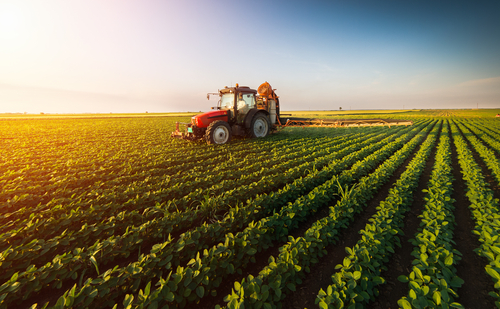



Article by: Hari Yellina
Agricultural land, like all real estate, has skyrocketed in price recently, and new data suggests that many Australians would enjoy it if foreigners couldn’t buy it. When asked whether the federal government should tighten restrictions on foreign ownership of agricultural land in Australia, 88 percent of voters said they “somewhat” or “strongly” agreed. In comparison, just 7% of respondents hold a neutral opinion, with the rest either “slightly” or “strongly” opposing or not knowing. Over the last nine years, this sentiment has intensified, with 84 percent of respondents in 2016 demanding stronger limits, compared to just 42 percent in 2013.
Ms Yueng added that it was also “probable” that voters imagined Chinese ownership while answering the question. “Especially with all the social media hoopla around China’s alleged land grab in Australia,” she remarked. According to figures from the Australian Taxation Office from 2021, Chinese nationals owned 2.3 percent (8.5 million hectares) of Australia’s freehold and leasehold agricultural property, more than any other country. Chinese nationals possessed an estimated 2.4 percent (9.2 million hectares) of freehold and leasehold agricultural land in 2020, down slightly from 2020. The federal government’s move to strengthen examination of foreign investment in Australian farms received a lot of attention in 2015.
Ms Yeung believes this explains why, since then, a large number of voters have expressed a desire for tougher ownership limitations. “I believe one of the issues is the current conversation regarding Australia-China relations,” she said. Kimberley Agricultural Investment is managed by Jim Engelke, a Chinese-owned company that has developed 6,700 hectares of farmland in Western Australia’s far north. KAI farms chickpeas, sorghum, millet, maize, and cotton on its own and leased property. Mr Engelke claimed that while the company had yet to make a profit, it had helped the Australian economy.
He explained, “KAI’s impact has largely been around land development.” “Because the development costs have not yet been recovered, no earnings are going back to China.” “We get all of our inputs from Australia, and we work with the grain pool and the [Ord River District] Cooperative.” “We market our grain in the same way that everyone else does.” Mr Engelke further stated that KAI employed roughly 45 people and that if the region’s chronic skills gap did not exist, he would hire more. Emma Germano, a vegetable grower and the head of the Victorian Farmers Federation, believes Australia should approach foreign ownership with caution.
Ms Germano said she could see why ambitious farmers could find foreign ownership difficult to accept, especially with the median price of Australian farmland reaching a record $7,060 per hectare in 2021. “Because I think everyone would agree that if an Australian, whether a company or an individual, can afford to buy land and be the recipient and benefit of that land, that’s a good thing.” “We simply cannot adopt a policy position such as ‘bar all foreign ownership,’ because that would be harmful to the Australian agriculture industry and economy.” “Yes, foreign ownership can pose a threat to Australia in some situations,” she added.